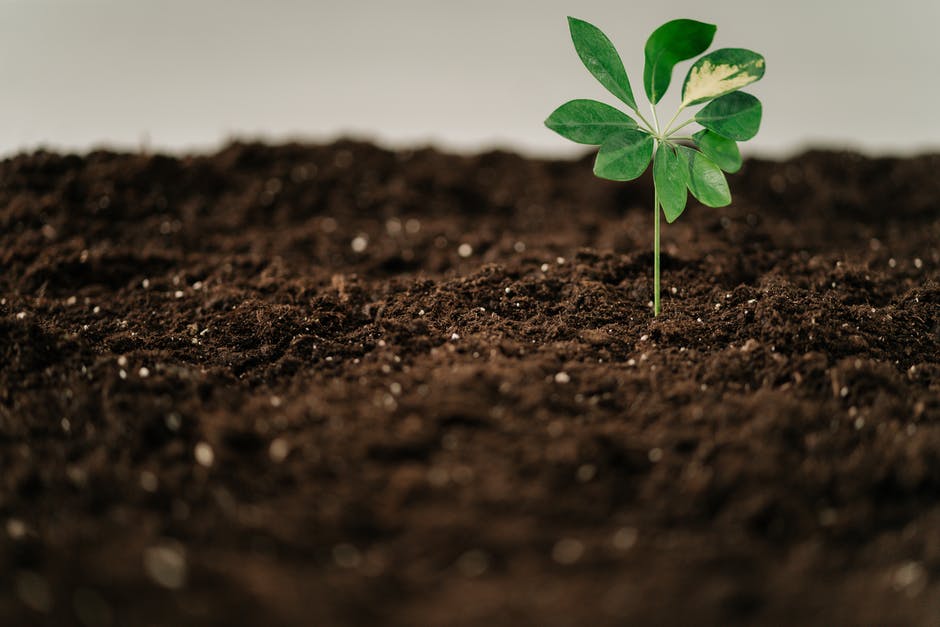
6 Ways To Feed Your Garden Soil Naturally
Did you know that composting is one of the most organic ways you could feed your garden soil?
There are many natural ways you can give your garden the nutrients it needs to provide your family with some of the best possible fruits and vegetables. The hard part comes, though, trying to decide which way or ways will work the best for your needs.
So, to help you out, here are the best ways to feed your garden soil naturally.
1. Fortifying Your Garden Soil With Compost
One way is to create a compost pile or bin in your backyard. You can do this by layering green and brown materials, such as grass clippings and leaves, with soil and manure.
Another way to add compost to your soil is to purchase it from a local garden center or manure dealer. You can also find composting information and directions online. Adding compost to your garden soil will help improve its structure, drainage, and aeration while also adding essential nutrients that will help your plants grow.
2. Adding Mulch To Your Soil
Mulching helps to retain moisture in the soil, which is especially beneficial during dry periods. It also helps to keep the roots of your plants cooler in hot weather.
Mulch also moderates soil temperature, keeping the soil warmer in winter and cooler in summer. In addition, mulch helps to control weeds by blocking sunlight and preventing weed seeds from germinating.
3. Using Cover Crops To Enhance Your Soil
By planting cover crops, gardeners can help to improve soil fertility, porosity, drainage, and aeration while also suppressing weeds and preventing soil erosion. When selecting a cover crop, it is important to choose one that is well suited to the climate and soil type of your garden.
Cover crops can be planted in the spring or fall and typically require 60 to 90 days to reach maturity. Once the cover crop has reached maturity, it can be incorporated into the soil through tilling or mowing.
4. Incorporating Organic Matter Into Your Soil
Organic matter is an important part of the soil, providing essential nutrients and improving soil drainage and water retention. You can add it to your soil by using a growth stimulant, such as manure or worm castings. These organic amendments will improve the quality of your soil, making it more fertile and better able to support plant growth.
5. Managing Soil pH Levels Naturally
The soil pH is a measure of the acidity or alkalinity in the soil and is an important factor in plant growth. Most plants prefer neutral or slightly acidic soil, with a pH between 6.0 and 7.0. For soils that are too acidic, the addition of lime will help to raise the pH and make the soil more alkaline.
6. Watering Your Garden Wisely
This means avoiding over-watering, which can lead to problems such as root rot and fungal diseases. Instead, water deeply and less frequently to encourage deeper root growth. In addition, be sure to water in the morning so that the leaves have time to dry off before nightfall.
The Pay-Off of a Healthy Soil
If you want your garden to truly thrive, you need to pay attention to your soil. Nourish your garden soil with compost and other natural materials to create living soil that will in turn provide nutrients for your plants. A little extra care for your soil now will pay off in a big way come harvest time.
For more helpful tips and advice, continue reading our blog!
